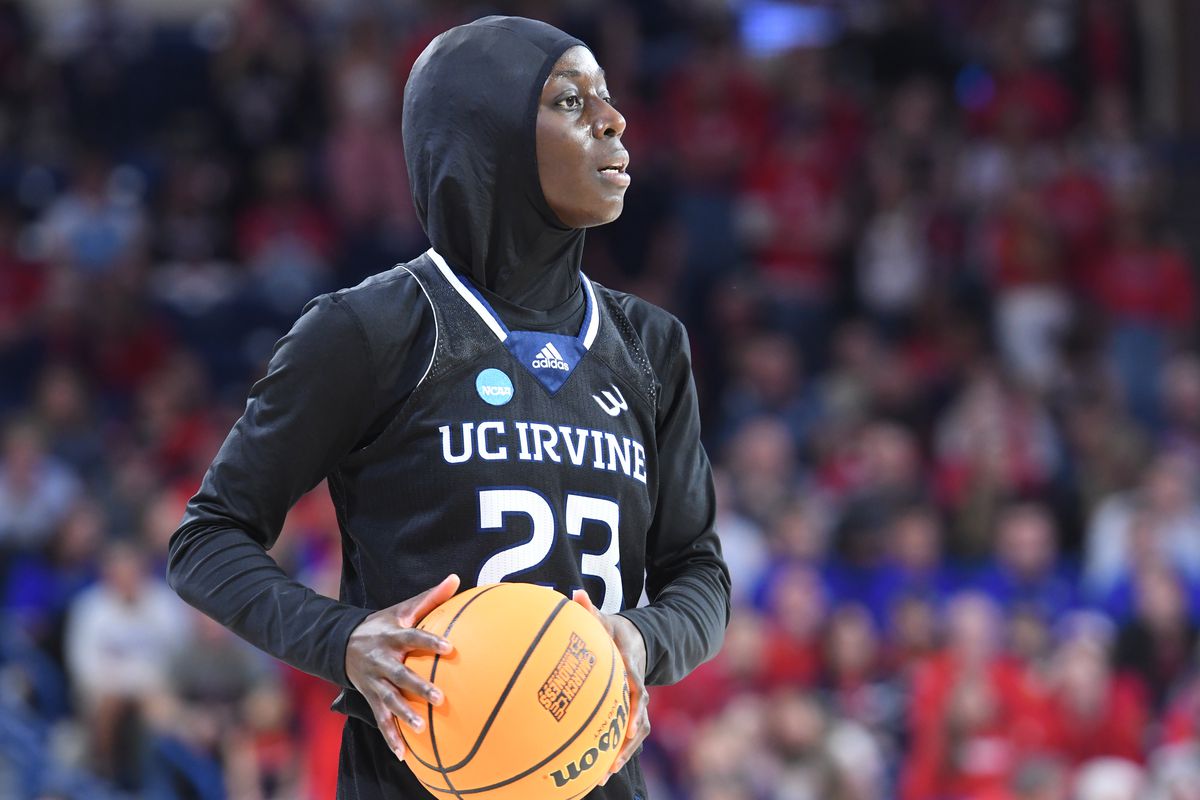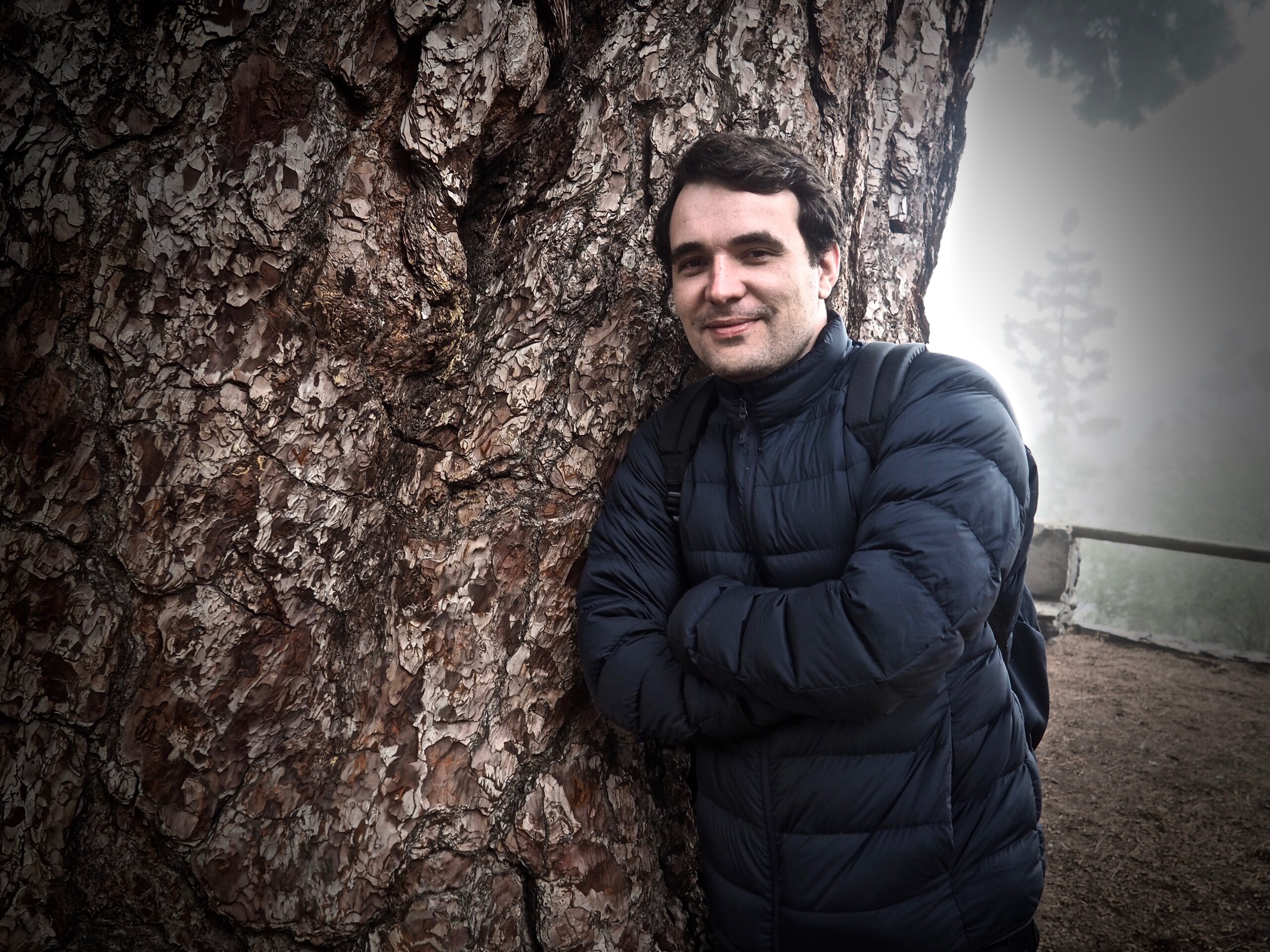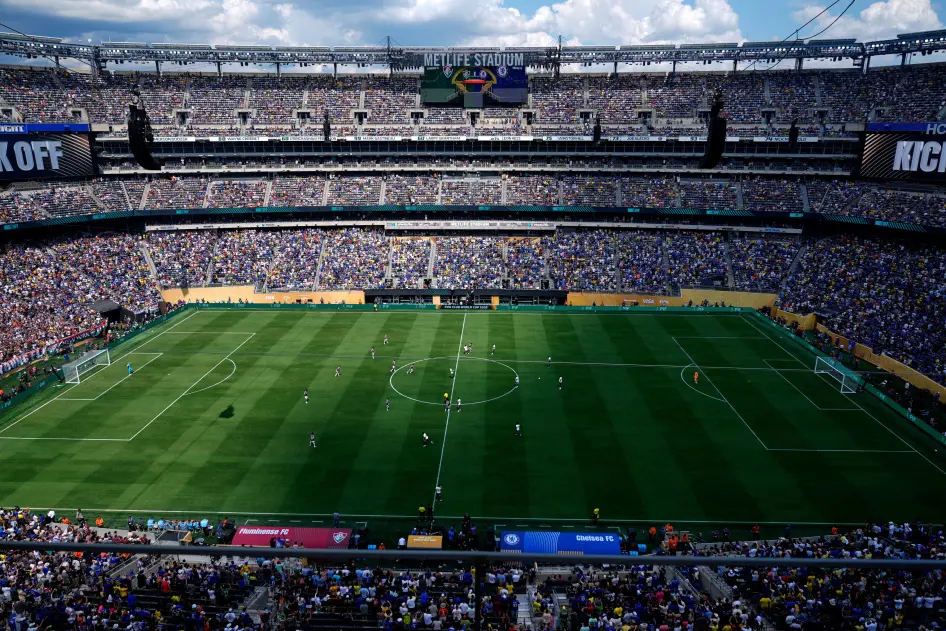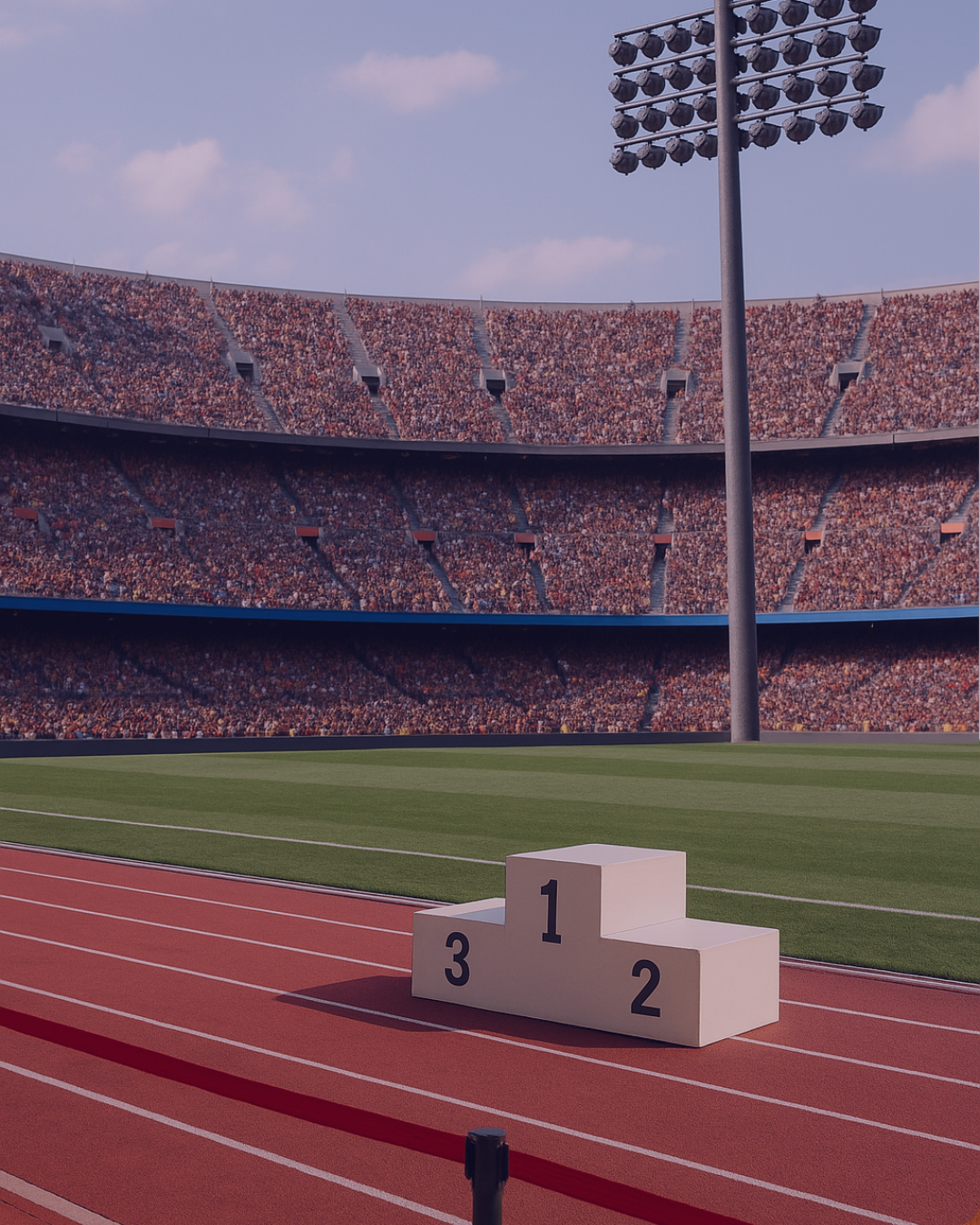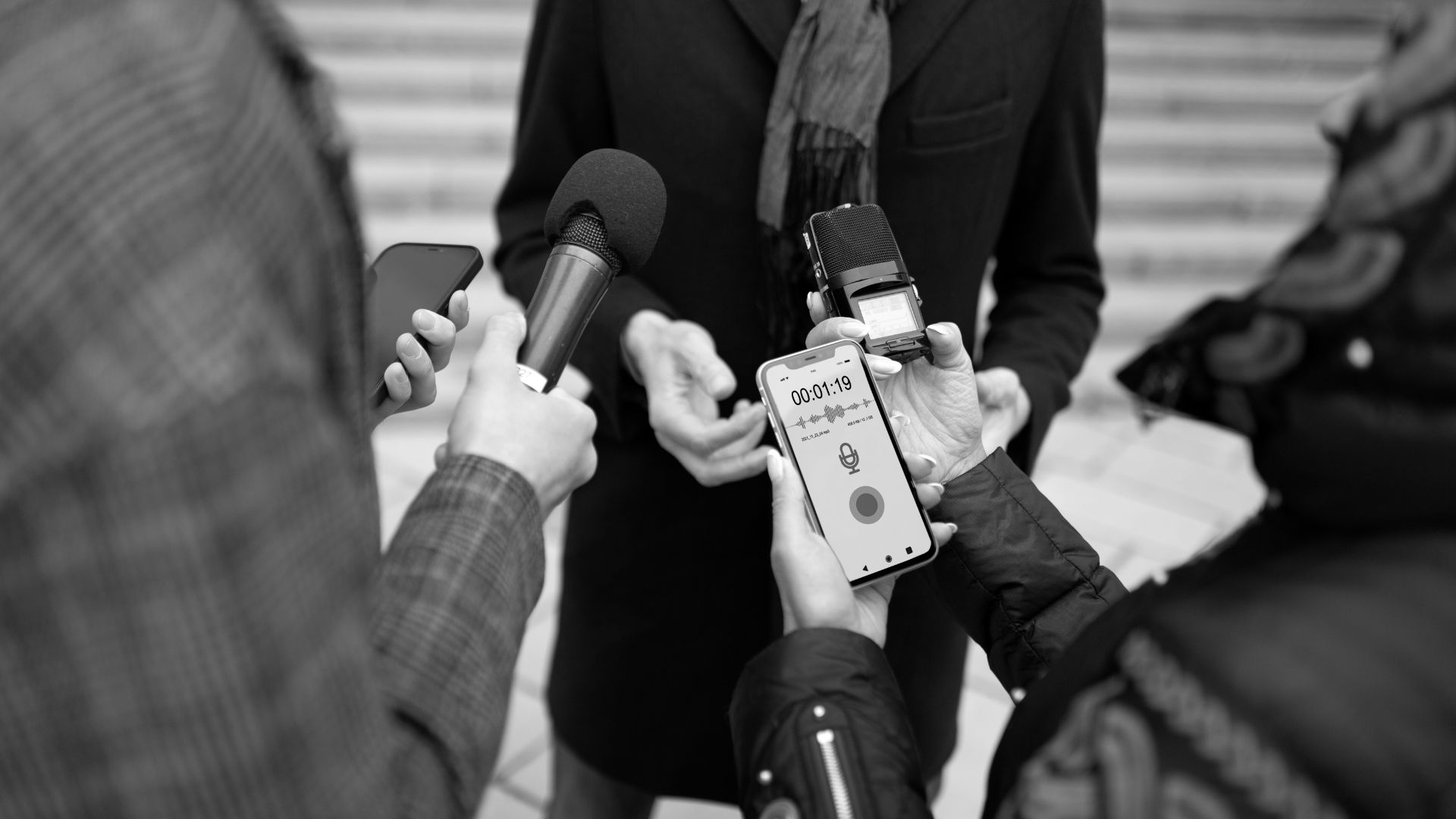At the 45-day countdown to the start of the Paris Olympics and Paralympics on June 11, 2024, the Sport & Rights Alliance, Basket Pour Toutes, Amnesty International, Athlete Ally and Human Rights Watch hosted a media briefing to present their request that the International Olympic Committee (IOC) publicly call on French sporting authorities to overturn the hijab bans at the Paris Summer Olympics and Paralympics and at all levels of French sport.
The IOC should do this as soon as possible, before the opening ceremony of the Olympic Games on Friday July 26, wrote the groups in a letter to IOC President Thomas Bach, made public today.
In the letter, the organizations highlight how France’s discrimination against women and girls wearing the hijab is particularly concerning given the IOC’s celebration of Paris 2024 as the first “Gender Equal Olympics”. The effect of these bans is that women athletes from the Olympics’ own host nation are discriminated against and prevented from exercising their human rights, and that Muslim women and girls in France who choose to wear the hijab will never be able to qualify for the Games, given that they are excluded from the necessary training and competition opportunities to reach the Olympic level.
“The hijab ban imposed on French Muslim athletes who want to represent their country during the Olympic and Paralympic Games has raised international attention, but it hasn’t sparked as much concern as it should have“, said Hélène Bâ, French basketball player and co-founder of Basket pour Toutes (Basketball for All) during a media briefing online on June 11 to discuss the topic and the letter to Bach. The hijab ban “is a clear violation of the Olympic charter, values and provisions, but it is also an infringement on our fundamental rights and freedoms,” explained Bâ “It reinforces gender and racial stereotypes, and it feeds the anti-Muslim hate that already pervades part of French society.”
Diaba Konaté, a French basketball player, born and raised in Paris, now playing NCAA college basketball in the United States, and a former member of the French Youth National Team also talked about her experiences. “It’s very frustrating to be excluded from representing my home country or just being able to play basketball at the highest level simply because of my religious identity… I strongly believe that sports should be inclusive, and welcoming to every athlete, no matter their religious background, their beliefs and differences.”
France’s hijab ban against Muslim women and girl athletes places the Olympic host country in clear breach of multiple obligations under international human rights treaties to which it is party. The bans also fly in the face of the human rights requirements for host countries and the IOC Strategic Framework on Human Rights, as well as being antithetical to the Fundamental Principles of Olympism.
“Why are we still having to go through this?”, asked Bilqis Abdul-Qaadir, a former NCAA basketball player who led the overturn of FIBA’s hijab ban in 2017, and who is now a coach in Canada. “Why do I have to explain that I am a Muslim woman, and I am good at basketball?”
In September 2023, the IOC stated publicly that restrictions placed on the Muslim French athletes at the Paris Olympic and Paralympic Games announced by the French Sports Minister in September 2023 will not apply to athletes from other nations in the Olympic Village. This position failed to challenge France’s discriminatory ban and address an ongoing harmful practice impacting athletes wearing hijab.
“We at Basketball Pour Toutes felt it was urgent for us to mobilize ourselves to have real inclusivity in basketball,” said Haïfa Tlili, PhD, sociologist and postdoctoral researcher specializing in empowerment and leadership of women and girls in sport. “The consequences of the hijab ban in the lives of these women are dramatic. They have the right to play sport, they have the right to be the best version of themselves.”
“Under international law, state neutrality or secularism are not legitimate reasons for imposing restrictions on freedom of expression and/or freedom of religion. But so far the authorities and sports federations in France have been more concerned with policing what Muslim women can wear, or cannot wear, rather than complying with their international human rights obligations”, said Monica Costa Riba, Amnesty International’s Senior Campaigner on Women’s Rights in Europe. “What we urgently need… is human rights leadership to respond to increased attacks and provocations by anti-rights groups and certain politicians that are pushing for more restrictions in France.”
Andrea Florence, Director of Sport & Rights Alliance, thinks change is still possible, before the Summer Olympics begin. “We really hope that the IOC takes the time to make a public statement: for inclusion and for equality. That would mean a lot for Muslim women and girls in France, and also in Europe.”
Watch the full recording of the media briefing here.
